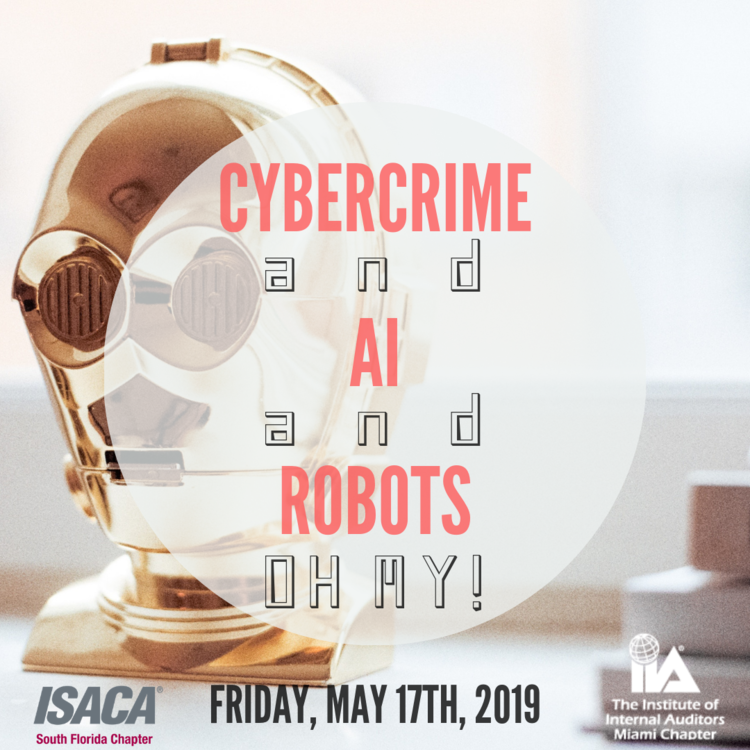Fraud lingers in the corners, behind your computers screens, and within hidden places. Fraud thrives in places such as the
dark web that is inaccessible by conventional search engines. For someone stuck in the middle of a fraud, there may be blind
spots that influence decisions. It may be at the risk of wearing a wire for the FBI every day for three years in one of the largest
white-crime cases in U.S. history. Despite the type of fraud, there are forensic tools to finding fraud and an art to interviewing
for fraud to obtain a successful outcome. Even when fraud is not yet prevalent, the fraud examiner has a role to analyze fraud
protection for newly implemented IT applications. At a higher level, the SEC has a role in digesting fraud cases such as
securities fraud. Join a lineup of esteemed speakers as they discuss fraud, ethics, techniques for detecting fraud, and provide
an in depth look at real life fraud cases.
Participants will:
- Understand the differences between the Dark Web and the open Internet, different types of threat actors that are present on the criminal underground, and what websites exist in these communities.
- Understand how fraud is prevalent based on leaked sensitive data, distinguish between the different types of datasets that are stolen, and how businesses can be protected through security best practices.
- Learn strategies, techniques and tactics of effective interviewing
- Understand the “Fraud Triangle” and motivation behind internal fraud and how interviewers can use the Fraud Triangle to their advantage during an interview.
- Become more self-aware and make better decisions using the STP-CAP Framework(tm) and recognize factors that influence decisions.
- Understand the need for a strong corporate compliance program and ethics training for employees through
presentation of a real fraud case on fraud embezzlement and price fixing
- Gain an overview of the Fraud Enterprise Risk Management Framework, COBIT 2019 and the Project Management
Book of Knowledge (PMBOK) and how each contributes to fraud-resilient IT project deliverables.
- Understand the difference between fraud risk in the project deliverable, during the project and for systems already in
production.
- Learn techniques for fraud brainstorming and fraud interviewing as parts of the audit process and understand
elements of the fraud triangle.
- Learn about the mission, history, and divisions of the SEC (e.g., Whistleblower Incentives and Protection Program)
and gain insight to recent case studies.
To register for this session, go to eiseverywhere.com. In order to be awarded the full credit hours, you must be present,
registering your attendance and departure on the attendance sheets at the registration desk.
Participants will earn 8 CPE credits
Fields of Study: Personal Development, Communications and Marketing, Behavioral Ethics, Management Services,
Auditing, and Specialized Knowledge
Additional Information
Prerequisites: Basic understanding of the audit process and fraud risk.
Who Should Attend: Auditors at all levels and other practitioners in various industries are welcome.
Advanced Preparation: None
Program Level: Basic/Intermediate
Delivery Method: Group Live
Refunds and Cancellations: If you have any questions regarding refund, concerns and program cancellation policies, please
contact us at treasurer@iiamiami.org. For questions specifically related to the IIA or chapter membership, please e-mail
membership@iiamiami.org.
The Institute of Internal Auditors Miami (IIA) Chapter is registered with the National Association of State Boards of Accountancy
(NASBA) as a sponsor of continuing professional education on the National Registry of CPE Sponsors. State boards of
accountancy have final authority on the acceptance of individual courses for CPE credit. Complaints regarding registered
sponsors may be submitted to the National Registry of CPE Sponsors through its website:www.nasbaregistry.org.


